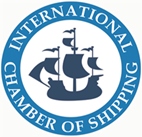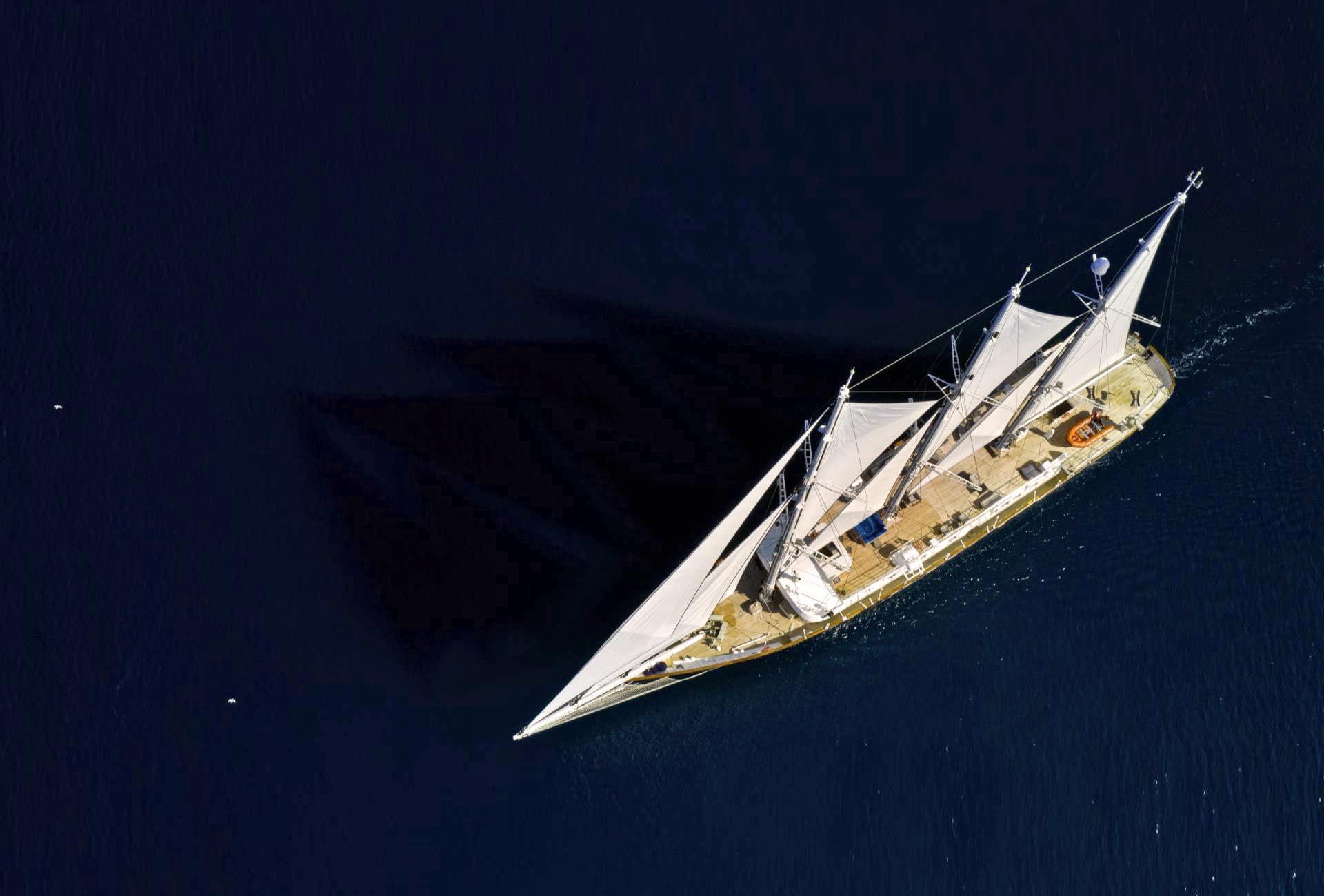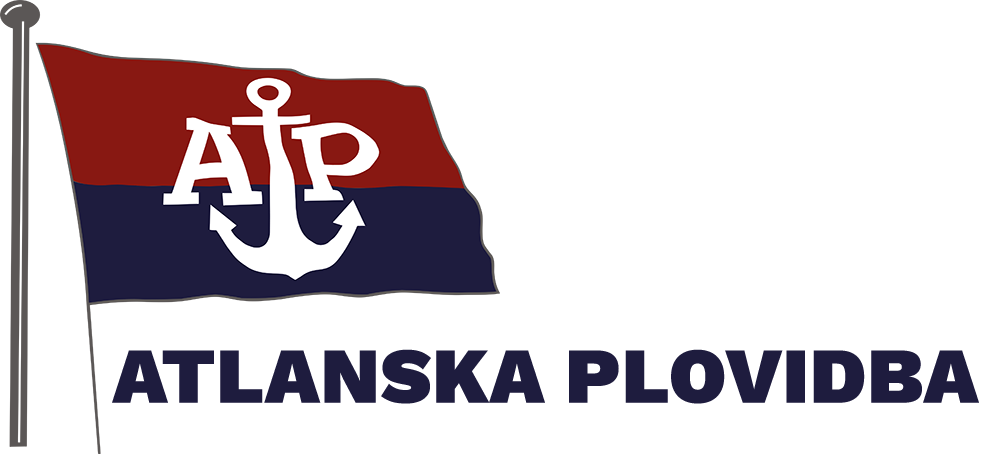13th Ballast Water Management Summit , Rotterdam

23.10.2015
#slika#
On 21 and 22 October 2015 the 13th Ballast Water Management Summit took place in Rotterdam. Director of CSA Mare Nostrum Mrs. Maja Markovcic Kostelac adressed the Summit with the presentation on the Implementation of BWM Convention in semi-enclosed sea areas and the implication for the short sea shipping.
Presentation is available for download here.
Humanitarian crisis in Mediterranean sea

09.04.2015
A letter sent to Mr. Zoran Milanovic, Prime Minister of the Republic of Croatia.
#slika#
We are writing on behalf of the European Community Shipowners’ Associations (ECSA) and the International Chamber of Shipping (ICS), which together represent the European and global shipping industries and over 80% of the world merchant fleet. Our memberships include the Croatian Shipowners’ Association.
This letter is co-signed by the European Transport Workers’ Federation (ETF) and the International Transport Workers’ Federation (ITF), which together represent the majority of seafarers serving on the world’s ships. Our message is additionally supported by the following shipping organisations which represent various sectors of the industry: BIMCO, Intercargo, Interferry, InterManager, Intertanko and the World Shipping Council.
The humanitarian crisis in the Mediterranean Sea is spiralling out of control. According to UNHCR, at least 3,500 people lost their lives during 2014 while attempting to cross the Mediterranean from North Africa. There is a terrible risk of further catastrophic loss of life as ever-more desperate people attempt this deadly sea crossing.
Merchant ships rescued around 40,000 people during 2014 according to UNHCR. But this number is predicted to increase dramatically during 2015 if the political situation in Africa and the Middle East does not improve. The situation is now so serious that we believe that all Member States need to become far more engaged.
In short, we believe it is unacceptable that the international community is increasingly relying on merchant ships and seafarers to undertake more and more large-scale rescues, with single ships having to rescue as many 500 people at a time. Commercial ships are not equipped to undertake such large scale-rescues, which also create serious risks to the safety, health and welfare of ships’ crews who should not be expected to deal which such situations.
All EU and EEA Member States have Search and Rescue (SAR) obligations under international law. But as the situation gets worse we believe there must be a commensurate increase in State funded resources for SAR operations to respond to this major humanitarian crisis. In practice this means that all EU Member States need to share the financial burden in order to help prevent thousands more deaths.
While far more needs to be done to prevent the boats used by people smugglers from being able to depart from North Africa and the Eastern Mediterranean in the first place, the lawless situation in Libya and Syria makes this very difficult. In the short term, we therefore feel that the immediate priority must be for EU and EEA Member States to increase resources and support for Search and Rescue operations in the Mediterranean, in view of the very large number of potentially dangerous rescues now being conducted by merchant ships; a situation which we believe is becoming untenable.
In addition to increasing SAR resources, there is also an urgent need for EU and EEA Member States to develop a political solution. As suggested by UNHCR and other UN agencies, including the International Maritime Organization, the shipping industry believes that the EU and the international community need to provide refugees and migrants with alternative means of finding safety without risking their lives by crossing the Mediterranean in unseaworthy boats.
We respectfully urge the Government of Croatia to treat the development of solutions to this serious problem as an absolute priority. It is literally a matter of life and death. Moreover, we request that this issue should be added, as a matter of utmost urgency, to the agenda of the European Council and to that of the next relevant meetings of the EU Council of Ministers, including Foreign Affairs, Justice and Home Affairs, and Transport.
For a complete letter please click here.
Dear Prime Minister,
HUMANITARIAN CRISIS IN MEDITERRANEAN SEA
We are writing on behalf of the European Community Shipowners’ Associations (ECSA) and the International Chamber of Shipping (ICS), which together represent the European and global shipping industries and over 80% of the world merchant fleet. Our memberships include the Croatian Shipowners’ Association.
This letter is co-signed by the European Transport Workers’ Federation (ETF) and the International Transport Workers’ Federation (ITF), which together represent the majority of seafarers serving on the world’s ships. Our message is additionally supported by the following shipping organisations which represent various sectors of the industry: BIMCO, Intercargo, Interferry, InterManager, Intertanko and the World Shipping Council.
Dear Prime Minister,
HUMANITARIAN CRISIS IN MEDITERRANEAN SEA
We are writing on behalf of the European Community Shipowners’ Associations (ECSA) and the International Chamber of Shipping (ICS), which together represent the European and global shipping industries and over 80% of the world merchant fleet. Our memberships include the Croatian Shipowners’ Association.
This letter is co-signed by the European Transport Workers’ Federation (ETF) and the International Transport Workers’ Federation (ITF), which together represent the majority of seafarers serving on the world’s ships. Our message is additionally supported by the following shipping organisations which represent various sectors of the industry: BIMCO, Intercargo, Interferry, InterManager, Intertanko and the World Shipping Council.
Dear Prime Minister,
HUMANITARIAN CRISIS IN MEDITERRANEAN SEA
We are writing on behalf of the European Community Shipowners’ Associations (ECSA) and the International Chamber of Shipping (ICS), which together represent the European and global shipping industries and over 80% of the world merchant fleet. Our memberships include the Croatian Shipowners’ Association.
This letter is co-signed by the European Transport Workers’ Federation (ETF) and the International Transport Workers’ Federation (ITF), which together represent the majority of seafarers serving on the world’s ships. Our message is additionally supported by the following shipping organisations which represent various sectors of the industry: BIMCO, Intercargo, Interferry, InterManager, Intertanko and the World Shipping Council.
ICS Highlights Ocean Governance Issues at Important United Nations Meeting

07.04.2015
#slika#
In New York today (7 April), the International Chamber of Shipping (ICS) represented global shipowners at an important United Nations meeting, having been invited to speak as a panellist as part of the UN Inter Consultative Process on the Law of Sea.
The opportunity was taken by ICS to highlight the extent to which shipping is very effectively regulated by the International Maritime Organization (IMO) and the International Labour Organization (ILO) in order to deliver the United Nations’ sustainable development goals.
With respect to environmental sustainability, ICS explained how shipping is the only industrial sector already to have a mandatory global regime in place, adopted by IMO, to regulate and reduce its CO2 emissions. A recent IMO study determined that total CO2 emissions from international shipping reduced by over 10% between 2007 and 2012. ICS also gave an overview of the global regulations adopted at IMO to reduce sulphur emissions from shipping and to limit the movement of invasive species in ships’ ballast water, and how the shipping industry was investing hundreds of billions of dollars to order to ensure compliance.
With respect to social sustainability, ICS explained that shipping is also unique in having the comprehensive framework of global regulations governing seafarers’ employment and working conditions provided by the ILO Maritime Labour Convention, which is now being enforced worldwide, as well as an ILO international minimum wage for seafarers.
However, ICS noted that the collective cost to the shipping industry of implementing new environmental regulations, which was already starting to be felt, was estimated to be in excess of US$ 500 billion over the next 10 years, something which had not been fully taken into account when the rules were adopted. Government regulators therefore needed to give equal priorityto each of the three pillars of sustainable development, including the economic, which was especially important in view of shipping’s role in continuing the spread of global prosperity.
Speaking in New York, ICS Director of Policy and External Relations, Simon Bennett remarked:
“Unless the shipping industry is commercially viable it will not be able to deliver the investments in environmental and social improvements that are sought by regulators on behalf of society at large.”
ICS therefore suggested that the conduct by IMO of full and proper cost benefit analysis of all new future regulatory proposals would help to ensure the delivery of sustainable development, consistent with the goals agreed by the United Nations.
At the New York meeting, ICS also commented on the recent decision by the UN, in January 2015, to recommend that UNCLOS should be expanded to include a new legally binding instrument on the conservation of marine life in areas beyond national jurisdiction, which could include tools such as ‘High Seas’ Marine Protected Areas.
ICS Director of Policy and External Relations, Simon Bennett remarked:
“ICS sees benefit in the designation of High Seas protected areas, to address issues such as unregulated fishing, but it should be borne in mind that under the authority of UNCLOS, shipping is already comprehensively regulated by IMO. While the shipping industry recognises that the regulation of other ocean activities, especially on the high seas, may not be so well developed, we do think great care should be taken with regard to the current balance that exists between the rights and obligations of states in their flag, coastal and port state roles. In the context of regulating international shipping, the current balance has worked very well, as demonstrated by the sustained increase in the efficiency of shipping and the dramatic reduction in the number of shipping and pollution incidents.”
Further information about how the shipping industry is addressing the United Nations’ sustainable development goals can be found at:
www.ics-shipping.org/docs/default-source/resources/policy-tools/sustainable-development-imo-world-maritime-day-2013.pdf?sfvrsn=18
Conference Programme

04.03.2015
Ažurirani Program konferencije možete vidjeti ovdje:
#slika# https://www.europeanshippingweek.com/conference-programme/
67. Assembly meeting

20.02.2015
In the premises of the CSA Mare Nostrum, 67th Assembly meeting is going to be held on 25 February 2015 with the following Agenda:
1. Adoption of the agenda
2. Approval of Minutes of meeting (66th Assembly meeting)
3. Market situation and shipping business
4. Croatian flag Competitiveness
5. The ship building Programme
6. Preparation for the participation on the European Shipping Week
7. Approval of the Financial statements for 2014
8. Decision on the partial coverage of losses from the previous period and to provide approval to the Director on conclusion of the office leasing contract
9. Redefining the membership fee criteria
10. Various
Guy Verhofstadt to address shipowners and EU officials at ECSA gala dinner

23.01.2015
Mr Guy Verhofstadt, former Belgian Prime Minister and leader of the Alliance of Liberals and Democrats for Europe (ALDE), will be delivering a keynote speech at ECSA’s 50th anniversary gala dinner on March 4th - one of the European Shipping Week’s major events.
His confirmation comes only weeks after Ms Violeta Bulc, European Commissioner for Transport, indicated that she would be speaking at the European Shipping Week’s main conference, joining an impressive line-up of some of the most important names in shipping as well as top-level EU officials and prominent journalists.
Mr Verhofstadt said "The competitiveness of our shipping industry is an important, if not vital, element in the recovery of the European economy. This event is an excellent occasion to debate this issue with the different stakeholders involved."
The gala dinner is organized to celebrate half a century of ECSA’s contribution to the formulation and promotion of European shipping policy and as such will be an event bringing together ECSA’s members on the one hand plus members from the European institutions and key stakeholders on the other.
The European Shipping Week is a week-long series of events that aims at raising the EU shipping industry’s profile, allowing EU decision makers to get acquainted with its numerous facets and intricacies while promoting useful exchanges between politicians and business representatives.
European Shipping Week is the brainchild of the European Community Shipowners’ Associations and will feature a variety of high-level events.
For more information about European Shipping Week and details about how to register for the conference, gala dinner and range of shipping events running during the week, go to: https://www.europeanshippingweek.com
Nova novost
21.01.2015
 Today, in the premises of the Mare Nostrum Association, a first round of negotiations to amend the National collective agreement for seafarers in international navigation was held. At the meeting , the negotiating committee of Mare Nostrum presented a shipping negotiation platform. The negotiating positions of the Seafarers' Union will be delivered within the next week, and the next meeting is scheduled for 10 February 2015.
Today, in the premises of the Mare Nostrum Association, a first round of negotiations to amend the National collective agreement for seafarers in international navigation was held. At the meeting , the negotiating committee of Mare Nostrum presented a shipping negotiation platform. The negotiating positions of the Seafarers' Union will be delivered within the next week, and the next meeting is scheduled for 10 February 2015.
The negotiations took place in a spirit of social partnership and we hope that the next round of negotiations will be also successfully completed.
Load more








 Today, in the premises of the Mare Nostrum Association, a first round of negotiations to amend the National collective agreement for seafarers in international navigation was held. At the meeting , the negotiating committee of Mare Nostrum presented a shipping negotiation platform. The negotiating positions of the Seafarers' Union will be delivered within the next week, and the next meeting is scheduled for 10 February 2015.
Today, in the premises of the Mare Nostrum Association, a first round of negotiations to amend the National collective agreement for seafarers in international navigation was held. At the meeting , the negotiating committee of Mare Nostrum presented a shipping negotiation platform. The negotiating positions of the Seafarers' Union will be delivered within the next week, and the next meeting is scheduled for 10 February 2015.







